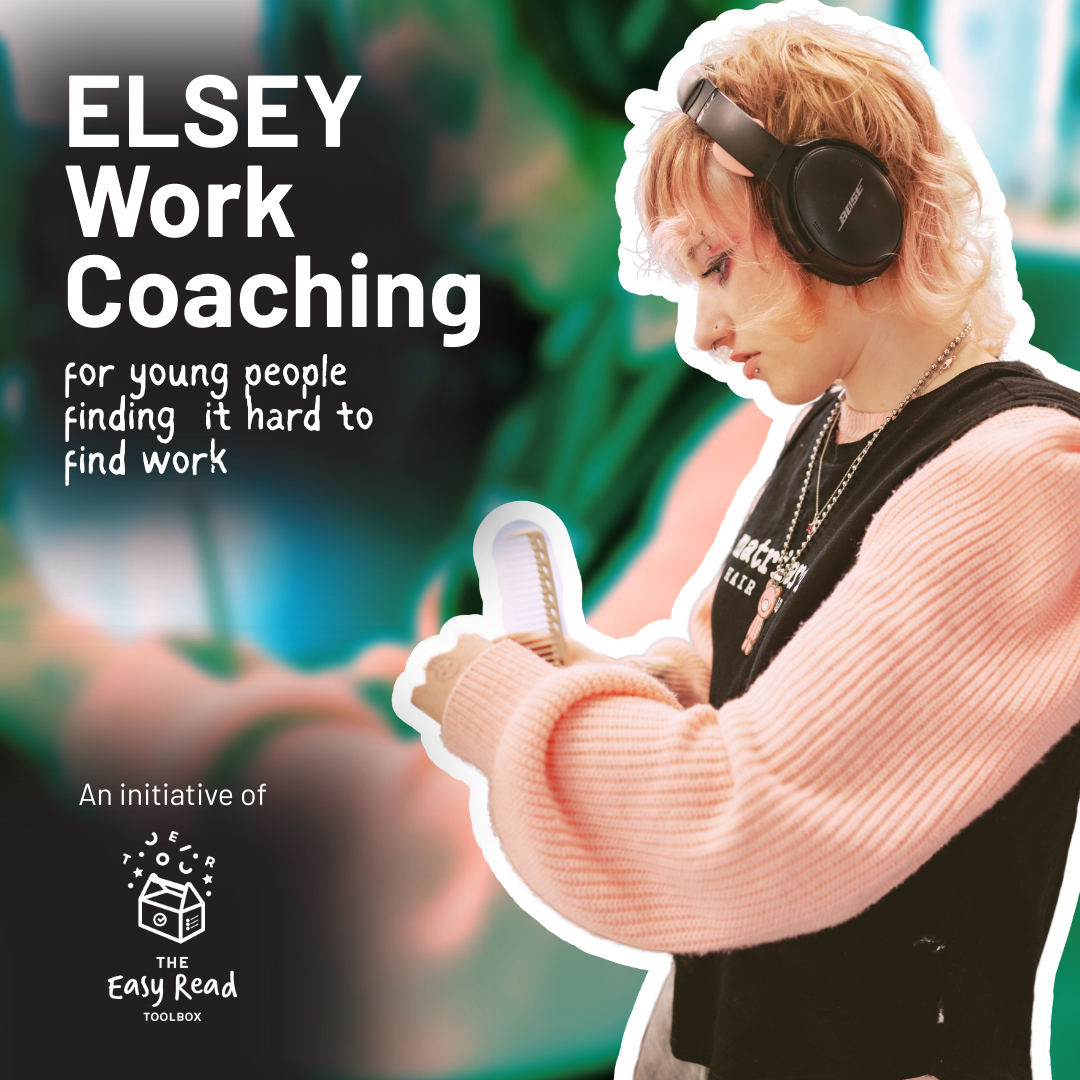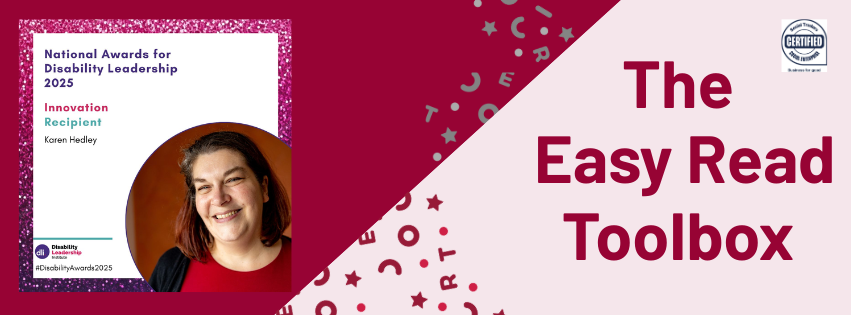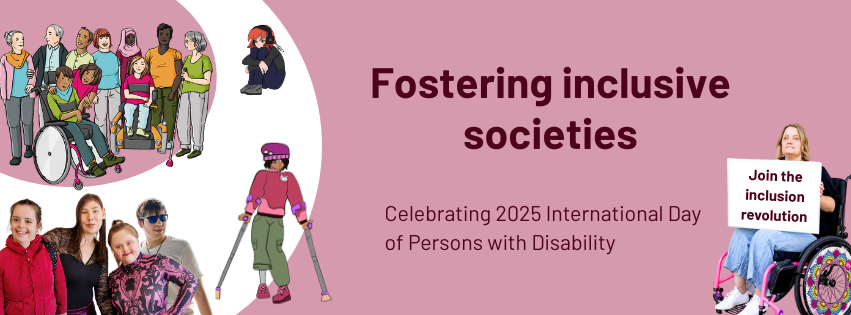How to spot a dodgy NDIS service provider
Your Guide to Staying Safe in the NDIS
Some of you will know this feeling. You realise that the service provider you’ve engaged for yourself or your family member is not doing what they promised. Something does not feel right. There are a few things that you can check before you engage the service and even after you’ve engaged with the service. This can apply to the provider or its workers.
If you discover a provider doing the wrong thing you can report it to the NDIS Quality and Safeguards Commission. For example, when a provider:
- Does not provide you invoices for the services they charged for
- Lists services they have not provided or the dates of services do not match the services you or your family member received support
- Does not provide you with a clear service agreement for SDA - mandatory when providing specialist disability accommodation (SDA) but not for other services
- Does not communicate or you cannot get through to a customer representative when you ring or email them
- Pressures you to take up services you do not need
- Recently bought the business and you do not have evidence that they have experience providing disability care
- Makes unsolicited contact with you or pressures you to engage them as provider.
If you have already engaged a service provider
If you have already engaged a service provider, you can check that they have provided you with:
- a service agreement if one is mandatory – see Specialist disability accommodation
- invoices for the services they are charging you for.
Check all invoices carefully. It should only list services that have actually been provided to you. Also, check that the dates of services charged match the date you received that particular support.
If you are considering a NDIS provider
If you are already using a provider, you can still check they are complying, but if you have not yet engaged them, it can save you from stress and inconvenience.
Before engaging a NDIS service provider, check that they are registered. You can search a provider by business name or legal name. While some providers may not require registration, registered providers have been audited against NDIS Practice Standards and undergone suitability assessment including of their key personnel. However, even unregistered providers must meet the standards set out in the NDIS Code of Conduct.
- Check their compliance record. This means checking that the NDIS Quality and Safeguards Commission has not issued banning orders or other compliance decisions. You can also check to see if a provider or worker has been given an infringement notice and what this means.
- Check the phone numbers and email addresses they have provided. Does the email address match the name of the provider? Do you get answers to your questions when you call their office?
- Check how long they have been operating. Did they recently purchase a ‘turnkey business’? This is when someone purchases a ready to operate business with established clients, workers etc. While in itself there is nothing wrong with buying a ready to operate business, there is a trend for people with no disability sector experience buying these businesses, potentially putting vulnerable participants at risk.
‘Providers can be compliant on paper, many obtaining audit coaching so that the flaws are not visible’, reports Disability Advocacy in a recent Facebook post.
To avoid this, ask how long they have been providing disability services, ownership history and what qualifications their workers have. Ask to meet the team.
You can also ask them for evidence of compliance with NDIA legislation, rules and regulations. This includes:
- The NDIS Code of Conduct
- NDIS Legislation, rules and regulations
- The NDIS Workforce Capability Framework
- worker screening requirements
- the rules in the NDIS Pricing Arrangements and Pricing Limits and previous NDIS Price Guides.
What to do if you come across dodgy activity?
- If you think it’s fraud, see How to report fraud | NDIS. Fraud is when a person, business or organisation dishonestly obtains something they are not entitled to. They do this by deceiving the client or the government. It causes loss to the other party, in this case the disabled client and the government. The conduct is never right, even if it does not result in criminal charges or a conviction.
- You can also make a complaint about a NDIS provider or worker.
If you need further help, seek advice from an advocacy organisation such as Disability Advocacy Network Australia and there are several state-based organisations as well such as the ones listed in the Queensland Disability Network website.





